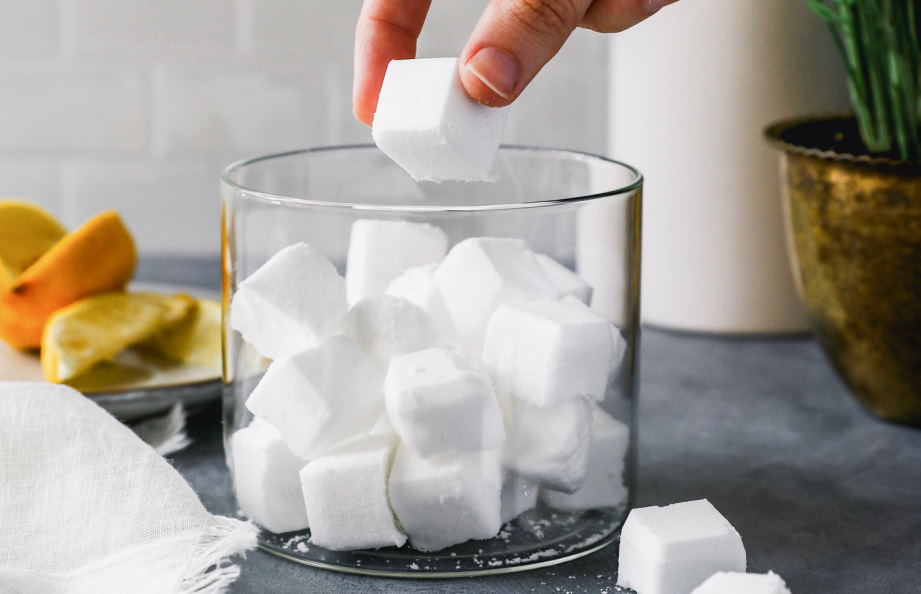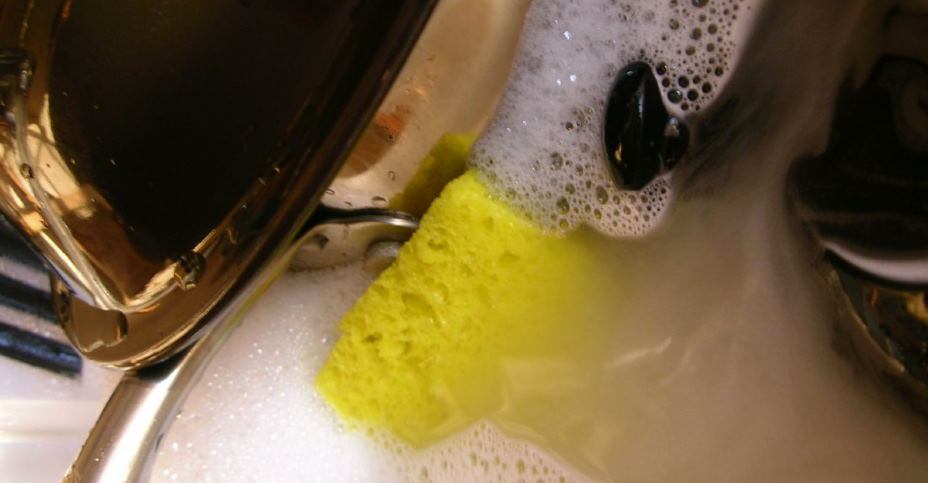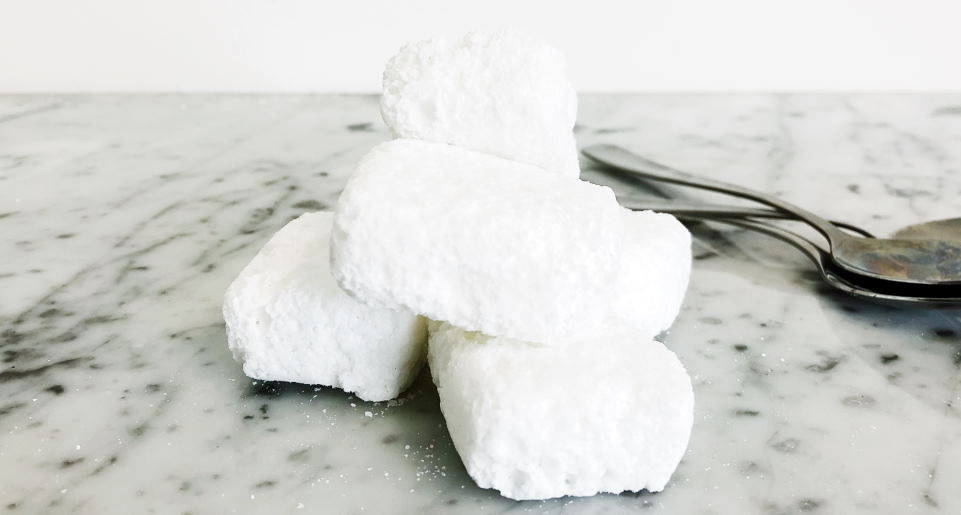
More and more consumers are thinking about the composition of household chemicals and prefer to use environmentally friendly powders and gels, without the content of phosphates and chlorine.
Such tools are much more expensive than usual. Do-it-yourself or make my own dishwasher detergent become the solution.
Homemade dishware versus purchased Many people know that household chemicals for dishwashers include components that can harm the body and the environment.
Manufacturers claim that their products are harmless, and in every way advertise the benefits. The emphasis is on the fast wash ability of the gels.
Homemade dish care products
A great alternative to synthetic detergents is the home dishwashing liquid that our grandmothers used once. In terms of effectiveness, homemade products are not inferior to household chemicals in industrial production, but they are not recommended for use in dishwashers.
Some products with abrasive particles are not suitable for pans and pots with a soft Teflon coating, so all the nuances must be taken into account.

How to make a dishwashing detergent yourself?
Once people washed dishes with ash and sand, and even now these products are often used in hiking trips. Inveterate tourists and picnic lovers know that a fat cauldron or barbecue is well washed with a mixture of wood ash and sand, but this method is unlikely to take root in a city apartment.
Ash powder can easily be replaced with mustard powder, which has a degreasing effect even in cold water – for this, 1 tbsp. l powder should be dissolved in a glass of water as homemade dishwasher soap.
Baking soda is a classic detergent that has no flaws. She thoroughly cleans burning residues, stubborn stains, soot from old pans, tea and coffee deposits with porcelain and earthenware dishes, yellowness from enameled pots and dark spots from cutlery, removing an unpleasant odor from any dishes, including after cooking fish.
To do this, just pour soda solution into the dishes (1 tbsp. L. Soda per liter of water) or boil water with soda in a pan.
Table vinegar is also perfect for washing dishes and kitchen appliances, as it perfectly degreases surfaces, removes scale in the kettle, kills germs and perfectly whitens light plates, cups and pans.

With the help of vinegar, you can easily get rid of the smell of onions and garlic, as well as clean the pan from soot, just fill them with the bottom of the bowl and leave to soak until morning.
Laundry soap, an environmentally friendly, hypoallergenic and antibacterial homemade dish detergent, has been used for household needs since the 17th century. Due to the presence of alkali in the soap, it perfectly copes with any dirt and disinfects dishes.
Salt is suitable for surfaces that are not afraid of scratches. To do this, pour a centimeter layer of salt on the bottom of the pan (without Teflon coating), lightly moisten with water, leave overnight, and then boil.
